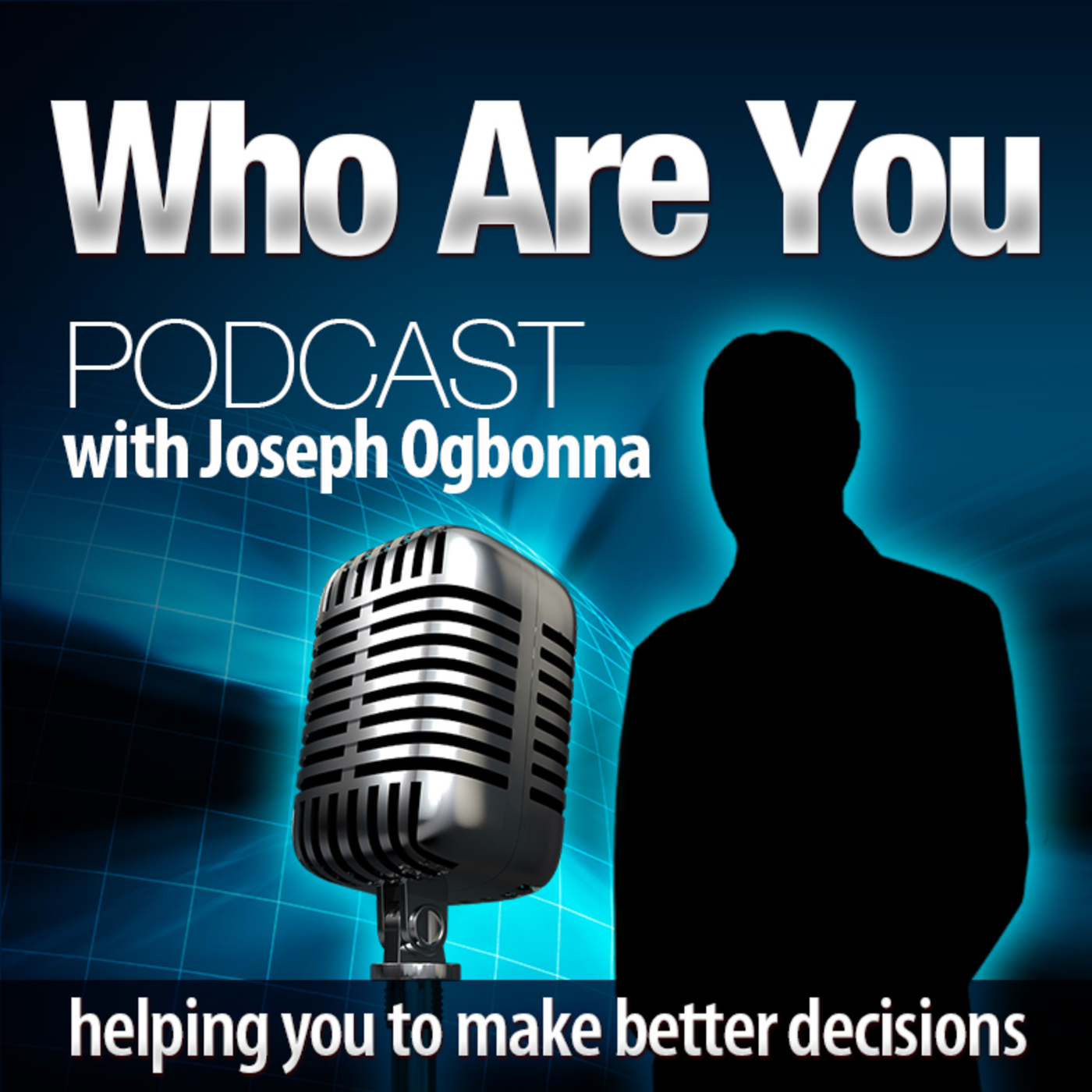As usual, I started with curiosity: What do I know about work-life balance? What do I even know about Balance? Is my own work-life balanced? What does it mean to have a balance, really? What is in balance and what is out of balance?
My assertion is that the mindset one chooses in a situation affects one’s experience of balance. Although a bold statement, it is true of my experience. Do you know someone who works punishing hours and appears contented? It strikes me that individuals either define their own balance or go with the default that is in-built.
In giving a meaning to ’balance’, a picture of evenly weighted scales flashes up, but is this it? Our uniqueness must show up in balance. Individuals weight experiences differently, after-all. If this is so, one person may for example, consider ‘balance’ from a specific time perspective different from another’s. Examples may help. If Kim was awake for 16 out of the 24 hours in a day, and worked for 8 of them, that may be balanced for her but not for John, her friend. A third friend, Eby may consider balance from a weekly or even monthly perspective – with questions like how much time did I spend sleeping, with my family, in leisure, and so on this month? This change of time perspective would change the experience of balance for Kim, John and Eby. Considering balance from this viewpoint may suggest that everything else stands still while one finds balance.
Context changes the experience of balance. Missing an opportunity to watch a child’s performance by whilst at work, would alter the individual’s experience of balance. If working long hours for many years, doing what I enjoy doing, results in ill-health, my perspective on balance might change. From an external impact perspective, if loved ones don’t see enough of one, their reaction could affect one’s experience of balance. Many major family stresses can be traced back to similar differences in perception. Getting a promotion could change the experience of time and effort invested in work, if that promotion enables a more fulfilling life. This raises the question of what value life would have without work, a question may be contemplating and many more are likely to ponder in the later 21st Century.
An inheritor of considerable wealth would experience work differently from the creator of that wealth. I confess that I enjoy working and so do not consider my life to be on hold whilst I work. Does this mean I lack balance or I’m incapable of defining it?
Thinking through this, I conclude that an individual’s definition of balance is the starting point for finding work-life balance. Their selves, what is important to them in the long term, and in the short term. It is only when one knows these, that one can choose what balance is, in daily actions and in developing the awareness to recognise balance. For one person, it may be writing code or designing campaigns for many hours, then switching off completely to spend a few quality hours with oneself and in non-work related family or charitable activity. This is fine if it works for her.



